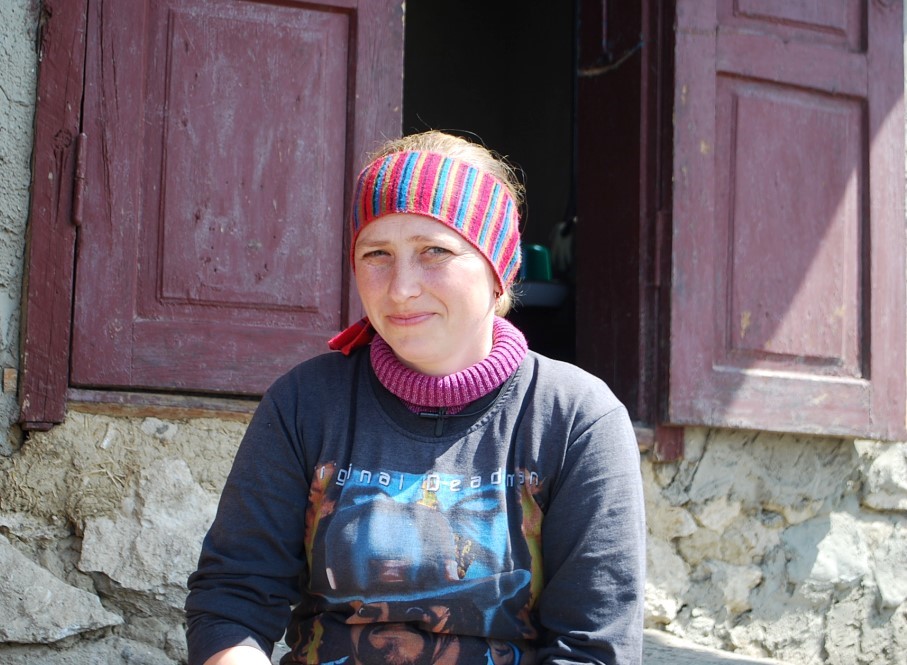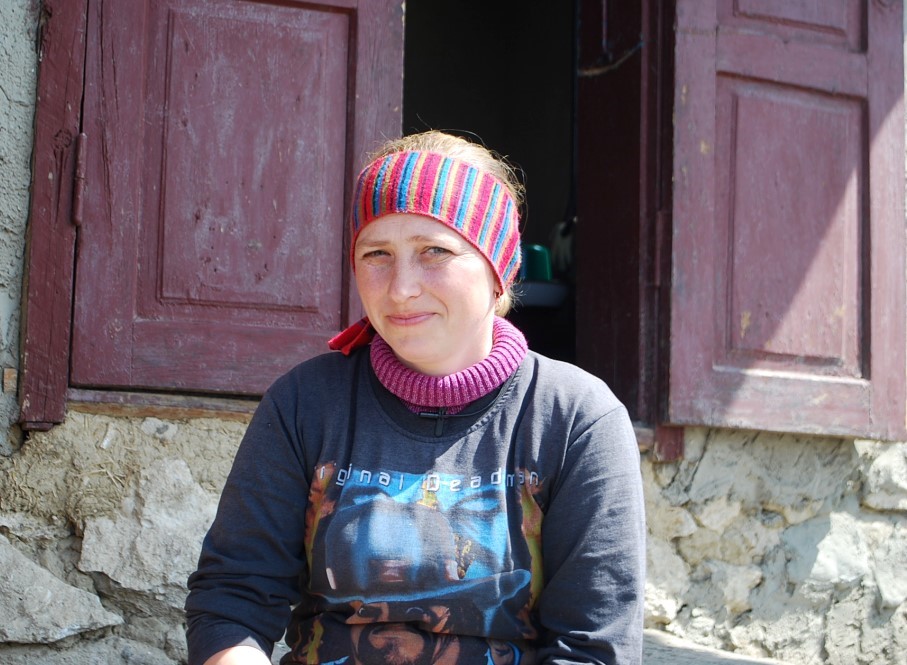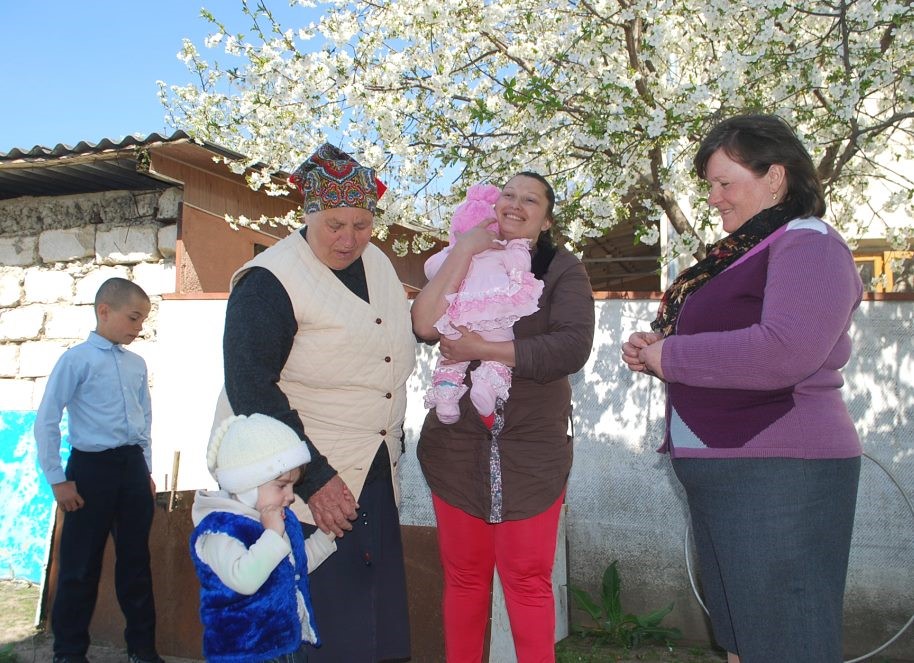Cristina Tacu has a big job. A regular day at work for Cristina and her colleagues means seeing 20 to 30 clients at the local social assistance office in the rural Hîncești District. Their work consists of guiding people and families through the tasks and forms they need in order to receive financial help from the government.
But there’s a new twist to Moldova’s social safety net. With support from the World Bank, Moldova has overhauled its social assistance programs and now people get help according to their income levels, and not simply if they fall into a certain pre-set category.
In the past, if someone qualified as simply elderly or disabled they would get a certain payment from the state. Now those payments are based on income.
Nowadays, Cristina and her colleagues assess and register the unique needs of an individual or family. That’s a monumental change for both the government and citizens who have come to rely - some say too much - on the state to keep them afloat.
This targeted social aid budgeting helps people like Veronica Tofan. Veronica uses almost everything from her monthly cash benefit for food and clothes for her family. But she’s determined to help herself climb out of poverty. So she set up three small greenhouses to earn some extra money. She grows cucumbers and tomatoes to sell at market.
“We built these greenhouses, where we grow vegetables, because we want to make our own money,” Veronica says. “My children are growing up: we need more money to buy food, clothes, and to finish the construction of our house.”
Farmers and agricultural workers like the Tofans account for 40% of Moldova’s poor. Moldova’s aim is to better reach people like the Tofans and to better spend its social assistance funds. To that end, the country’s policy reforms have worked to integrate the overall social safety net into the platform provided by the targeted Ajutor Social - or social aid program.



